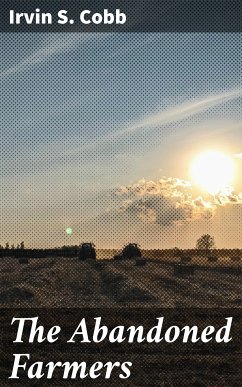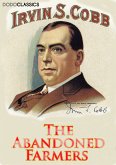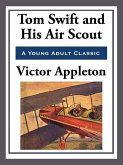In "The Abandoned Farmers," Irvin S. Cobb delivers a poignant narrative that delves into the struggles of rural Americans during the early 20th century, a time marked by economic upheaval and social change. Cobb employs a rich, descriptive prose style that captures the hardships and resilience of his characters, blending realism with a touch of regional humor. The novel is set against the backdrop of post-World War I America, reflecting the disillusionment experienced by many farmers who found themselves grappling with market fluctuations and shifting agricultural practices. Through its vivid portrayal of agrarian life, the book serves as a social commentary on the plight of those who feel neglected by progress and modernization. Irvin S. Cobb, an esteemed journalist and humorist, possessed a deep affinity for the struggles of ordinary people, shaped by his own upbringing in rural Kentucky. His extensive experiences in journalism and fiction equipped him with the narrative tools to explore the complexities of rural life with empathy and insight. Cobb's unique background and perspective illuminate the multifaceted nature of American identity, making his work resonate with authenticity and heart. This compelling exploration of rural existence is recommended for readers intrigued by the intersection of social history and literary art. "The Abandoned Farmers" not only provides a window into a largely underrepresented demographic but also prompts reflection on the enduring themes of community, resilience, and the pursuit of the American Dream.
Dieser Download kann aus rechtlichen Gründen nur mit Rechnungsadresse in A, B, BG, CY, CZ, D, DK, EW, FIN, F, GR, H, IRL, I, LT, L, LR, M, NL, PL, P, R, S, SLO, SK ausgeliefert werden.









